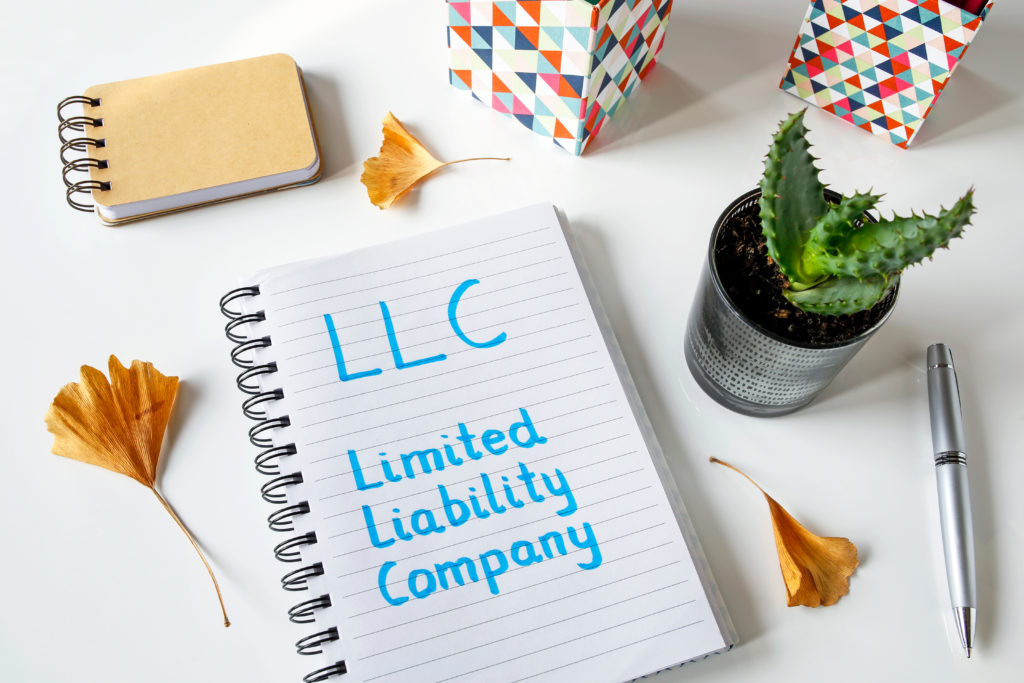Chances are you have seen the letters LLC posted after a company’s name, but do you know what it means? It’s important to first understand what a limited liability company (LLC) is and what it does in order to understand what a professional limited liability company (PLLC) is. Follow along with this blog to find out the difference between the two, who can form these groups, and why they do.

LLC vs PLLC
An LLC is a term used in the U.S. to describe a type of hybrid corporate structure used by some professional companies. These companies are owned by multiple partners, or members, which work to ultimately combine the liability protections of a corporation with the tax benefits of a partnership. The most notable difference here between the two is that unlike a PLLC, virtually anyone can become a member of an LLC.
A PLLC is essentially the same as an LLC but is owned and operated by licensed members of the same profession who will only be performing services specific to their profession. Some states require these professionals to form PLLC’s rather than standard LLC’s because they are licensed specialists. A major difference between these two types of companies is that members of a PLLC are personally liable for their own malpractice, should it occur, but not each other’s.
Who can form a PLLC?

In the states where PLLC’s are required to do business, groups are generally made up of lawyers, doctors, engineers, accountants, and other licensed professionals. This partnership arrangement requires documents to be filed with and approved by the state the business hopes to operate in. Additionally, each of the members will need to have their licenses validated by the state before approval.
Benefits of a PLLC
There are some pretty notable benefits in establishing an LLC or PLLC rather than a corporation. The main benefits of PLLCs are their limits on liability and the tax perks. More specifically, their limitations on liability for owner’s taxation and the availability of pass-through taxation. Pass-through taxation enforces that PLLC’s are the responsible parties at tax time, and not the owners. Additionally, these individuals will not be personally liable for the business’ debts or any lawsuits against the business.
Conclusion
At the end of the day, only licensed professionals of the same profession can establish PLLC’s. Though it’s important to keep in mind that each state has their own list of rules and regulations about PLLC’s and the steps that must be taken to establish and operate one. Ultimately, these two types of companies are much easier and cheaper to form than traditional corporations are.
Deciding if you should choose to do business with a member of a PLLC is a no brainer. Professionals who are members of PLLC’s will most likely be very serious licensed professionals who are supported by a group of other educated professionals. For a top notch certified public accountant who is also a PLLC member, call on the offices of Mariela Ruiz, CPA, PLLC.
Leave a Reply